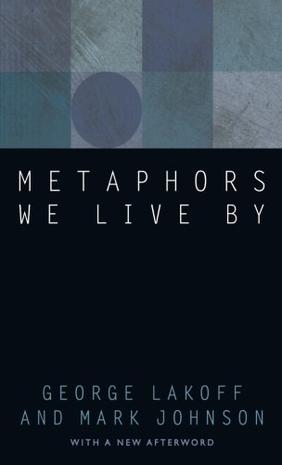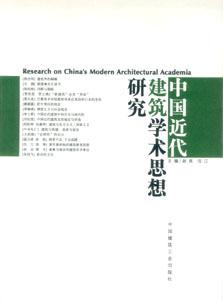Metaphors We Live By
内容简介
People use metaphors every time they speak. Some of those metaphors are literary - devices for making thoughts more vivid or entertaining. But most are much more basic than that - they're "metaphors we live by", metaphors we use without even realizing we're using them. In this book, George Lakoff and Mark Johnson suggest that these basic metaphors not only affect the way we communicate ideas, but actually structure our perceptions and understandings from the beginning. Bringing together the perspectives of linguistics and philosophy, Lakoff and Johnson offer an intriguing and surprising guide to some of the most common metaphors and what they can tell us about the human mind. And for this new edition, they supply an afterword both extending their arguments and offering a fascinating overview of the current state of thinking on the subject of the metaphor.
......(更多)
作者简介
George Lakoff is a professor in the Department of Linguistics at the University of California, Berkeley. He is the author of, among other books, Women, Fire, and Dangerous Things and Moral Politics, both published by the University of Chicago Press.
.
Mark Johnson is the Knight Professor of Liberal Arts and Sciences at the University of Oregon. He is the author of The Body in the Mind and Moral Imagination, both published by the University of Chicago Press. Johnson and Lakoff have also coauthored Philosophy in the Flesh: The Embodied Mind and its Challenge to Western Thought.
......(更多)
目录
Preface Acknowledgments
.
1. Concepts We Live By
2. The Systematicity of Metaphorical Concepts
3. Metaphorical Systematicity: Highlighting and Hiding
4. Orientational Metaphors
5. Metaphor and Cultural Coherence
6. Ontological Metaphors
7. Personification
8. Metonymy
9. Challenges to Metaphorical Coherence
10. Some Further Examples
11. The Partial Nature of Metaphorical Structuring
12. How Is Our Conceptual System Grounded?
13. The Grounding of Structural Metaphors
14. Causation: Partly Emergent and Partly Metaphorical
15. The Coherent Structuring of Experience
16. Metaphorical Coherence
17. Complex Coherences across Metaphors
18. Some Consequences for Theories of Conceptual Structure
19. Definition and Understanding
20. How Metaphor Can Give Meaning to Form
21. New Meaning
22. The Creation of Similarity
23. Metaphor, Truth, and Action
24. Truth
25. The Myths of Objectivism and Subjectivism
26. The Myth of Objectivism in Western Philosophy and Linguistics
27. How Metaphor Reveals the Limitations of the Myth of Objectivism
28. Some Inadequacies of the Myth of Subjectivism
29. The Experientialist Alternative: Giving New Meaning to the Old Myths
30. Understanding
.
Afterword References
......(更多)
读书文摘
物质本身可以被看成容器。比如,一缸水。当你走进浴缸时,你就走进了水中。浴缸和水都被看成容器,但种类不同。这时,浴缸是“容器”,而水是“容器”里的物质。
......(更多)






